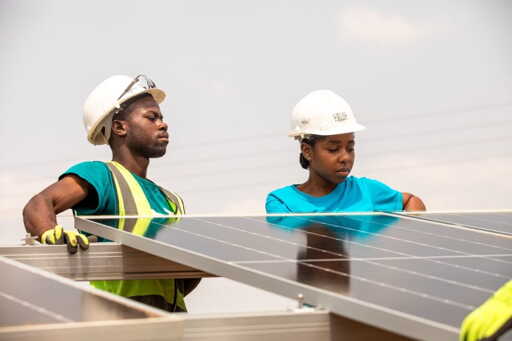When two Mongabay reporters visited the village of Lukwangulo in the Democratic Republic of Congo, they encountered a reality that’s common in many parts of rural Africa: Families spend valuable time harvesting wood from forests for cooking, often their primary — and sometimes their only — source of energy. Some manage to pull together enough money for a solar panel that might charge a cellphone, power a radio and provide a little light for children to study by. But it’s typically not enough for the basic task of cooking. The stark contrast between this situation and the broader world that runs on that energy is readily apparent to those who currently have little to no access to it. “You come from the city — you have electricity, you have lighting. Why you and not us?” Mukalay Ngoyi, a leader from Lukwangulo, told Mongabay. “We’re human beings like you, and we need electricity too.” On Nov. 10, delegates to the U.N.’s annual climate conference, COP30, will meet in Belém, Brazil, to assess global progress toward addressing climate change by limiting carbon emissions. Key to drawing down those emissions and achieving the goal of keeping the global temperature rise well below 2° Celsius (3.6° Fahrenheit) above pre-industrial levels is how we meet growing energy demand, both around the globe and in places like Lukwangulo. But most community leaders won’t be in Belém, instead relying on others to make the case for a “just” energy transition. The “just” concept “means leaving no one…This article was originally published on Mongabay
From Conservation news via this RSS feed


